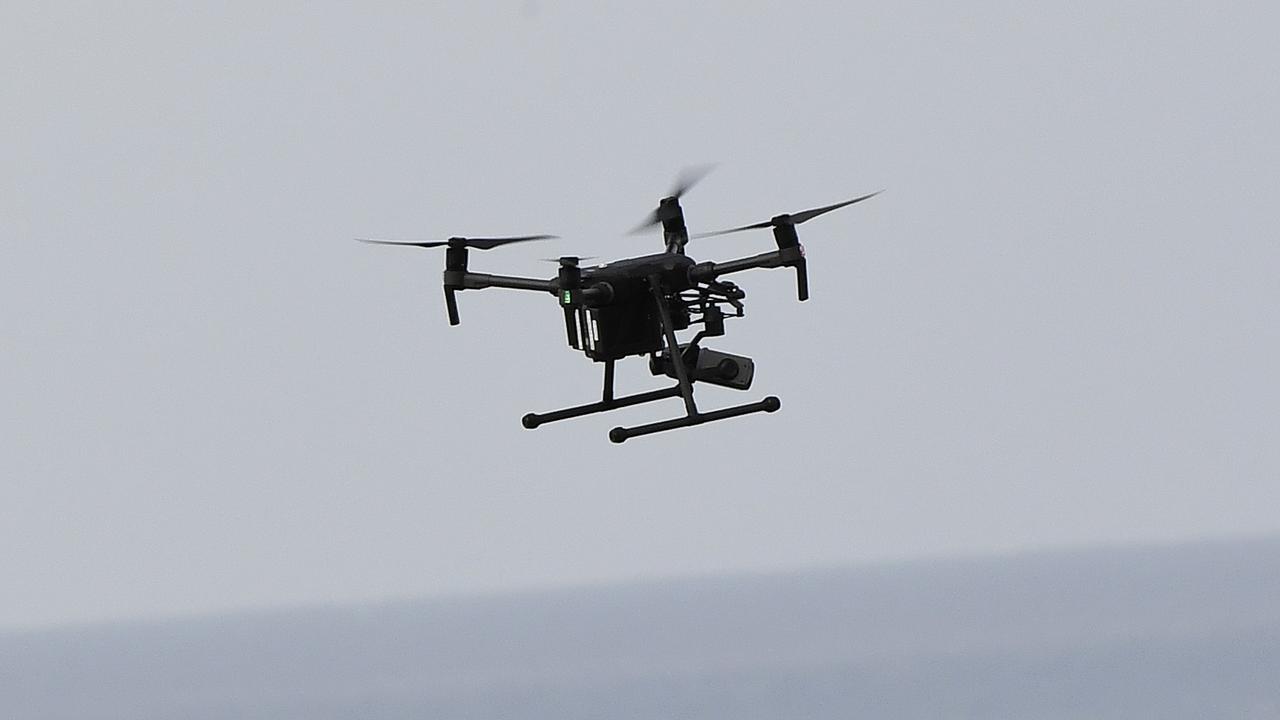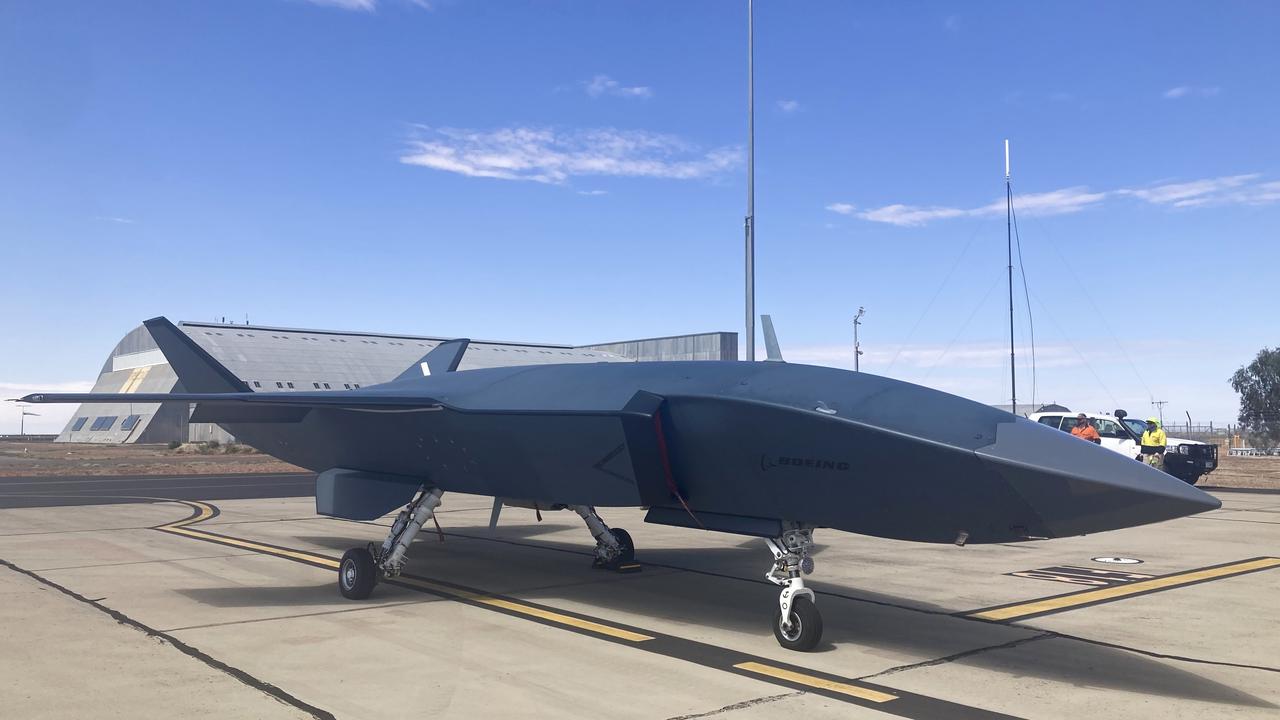
Just weeks ago defence technology innovator DroneShield was riding an artificial intelligence boom on the local share market after releasing new software.
Fast-forward to November and the Australian-based firm has haemorrhaged more than 70 per cent of its share value and seen executives either leave without notice or shed stakes in the company worth millions of dollars.
DroneShield calls itself the "only publicly listed company exclusively dedicated to the fast-growing counter-UAS (uncrewed aerial system) sector", specialising in using AI to detect and destroy threats from drones.
Listed in 2016, the company traded steadily until early 2024 when conflicts in the Middle East and Ukraine sparked renewed interest in drone protection and the stock skyrocketed tenfold.
That demand continued into 2025 with shares peaking at $6.60 on October 9, but it has downhill since.
In the last two weeks, DroneShield has constantly hit the headlines after an alarming series of developments for investors and the ASX as a whole, with shares trading at $1.88 in early afternoon trading on Thursday.
On November 10, CEO Oleg Vornik told investors DroneShield had secured contracts totalling $7.6 million with the US government before issuing an embarrassing retraction hours later.
"DroneShield advises that the November contracts do not represent new orders," Mr Vornik said in that announcement.
"The November contracts were inadvertently marked as new contracts rather than revised contracts due to an administrative error."

Two days later, it was revealed Mr Vornik - along with chairman Peter James and director Jethro Marks - had sold $70 million in DroneShield shares, including more than $2 million before the incorrect contract information was withdrawn.
Queried by the exchange operator, DroneShield on Thursday rejected any suggestion that the trio had timed their sales or that they had even told the company they planned to sell.
The final dagger in the firm's share price trajectory was the unexplained resignation of its US chief executive Matt McCrann on Wednesday, sparking a further 20 per cent drop in the share price.
The uncertainty spooked investors looking to downsize risk in their portfolios, a leading analyst says.
"We've been given so little reason why the US chief executive has stepped down suddenly, that's never a good sign in a company," Moomoo analyst Michael McCarthy told AAP.
"To some extent the market's its own worst enemy here - perhaps it never deserved to run as high as it did but it's certainly a highly volatile stock."
DroneShield will be hoping it can regain some of that lost ground as the global AI revolution continues apace.
But investors might need a bit of reassurance the firm has its house in order before confidence is restored, according to observers.







